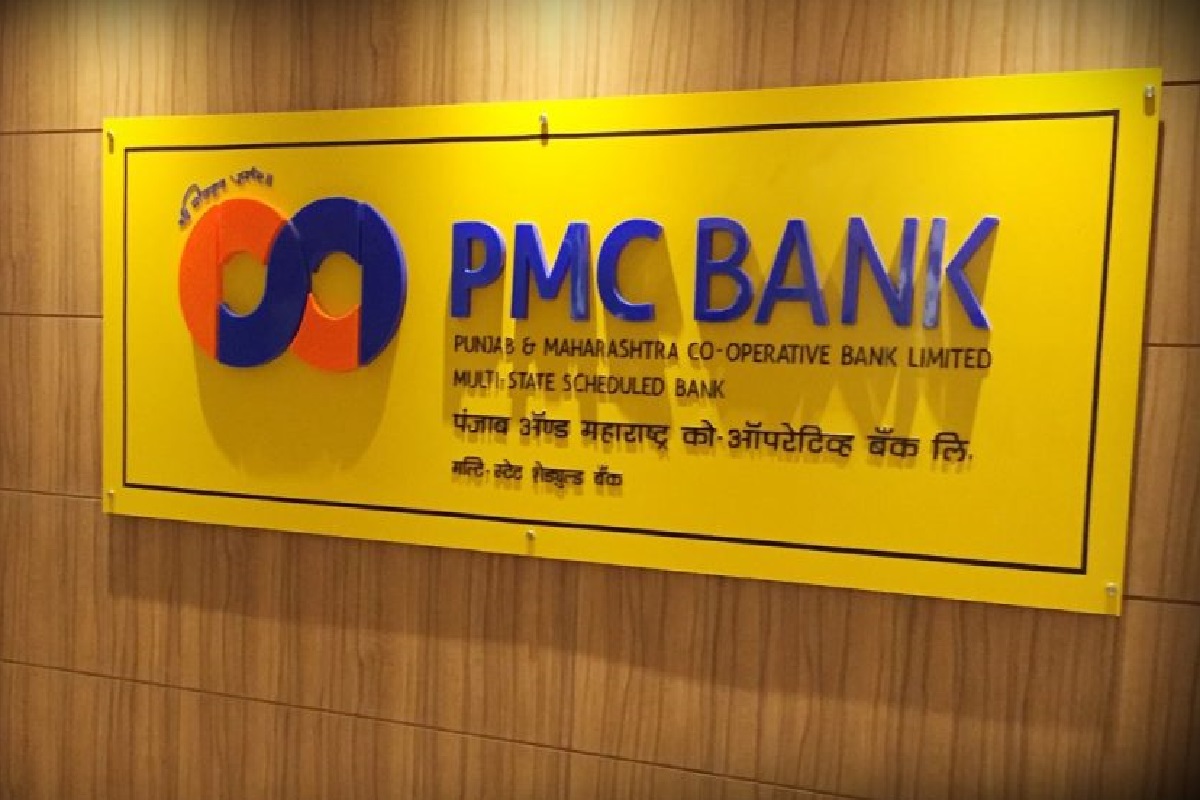The Bombay High Court said on Thursday that it cannot pass directions to make Section 498A of the Indian Penal Code (IPC) which criminalises cruelty to wife by husband or his relatives, a compoundable offence. [Sandip Sule vs State of Maharashtra]
A division bench of Justices AS Gadkari and SG Dige said that the issue falls within the domain of the legislature and also noted that Central government had filed an affidavit stating that making Section 498A a compoundable offence will adversely affect the interests of women.
“We have read the affidavit of Union government. We cannot direct them to legislate,” the Court made it clear.
The bench, however, added that it has powers to quash cases where parties consent to the same.
“In our experience we have seen that out of 10 matters, if all are sent to mediation, 8 matters are worked out and 2 matters may have some problem. But their stand is clear” the bench said.
The bench was hearing a writ petition filed by three members of a family who had approached the High Court to quash the proceedings under Section 498A.
Initially, the matter was heard by a bench headed by Justice Revati Mohite Dere. That bench quashed the FIR against the three family members and also recommended the Central government to make the offence under Section 498A compoundable.
That bench also noted that the State of Andhra Pradesh had made Section 498A compoundable way back in 2003.
It, therefore, called for a response from the Union government.
In its reply affidavit, the Union Ministry of Women and Child development stated that all matrimonial disputes under section 498A of IPC was registered only after preliminary enquiry was conducted by the police.
If after enquiry in the form of mediation, if the mediation cell fails to reach compromise between parties only then FIR is lodged.
It also referred to a Law Commission report which recorded that it did not have any reliable data based on empirical study as regards the extent of alleged misuse of Section 498A.
The matter later go reassigned to the present bench.
The bench today granted the petitioners two weeks to submit their suggestions to the Additional Solicitor General who will then discuss it with the government authorities.
The case will be heard thereafter.
Source Link



